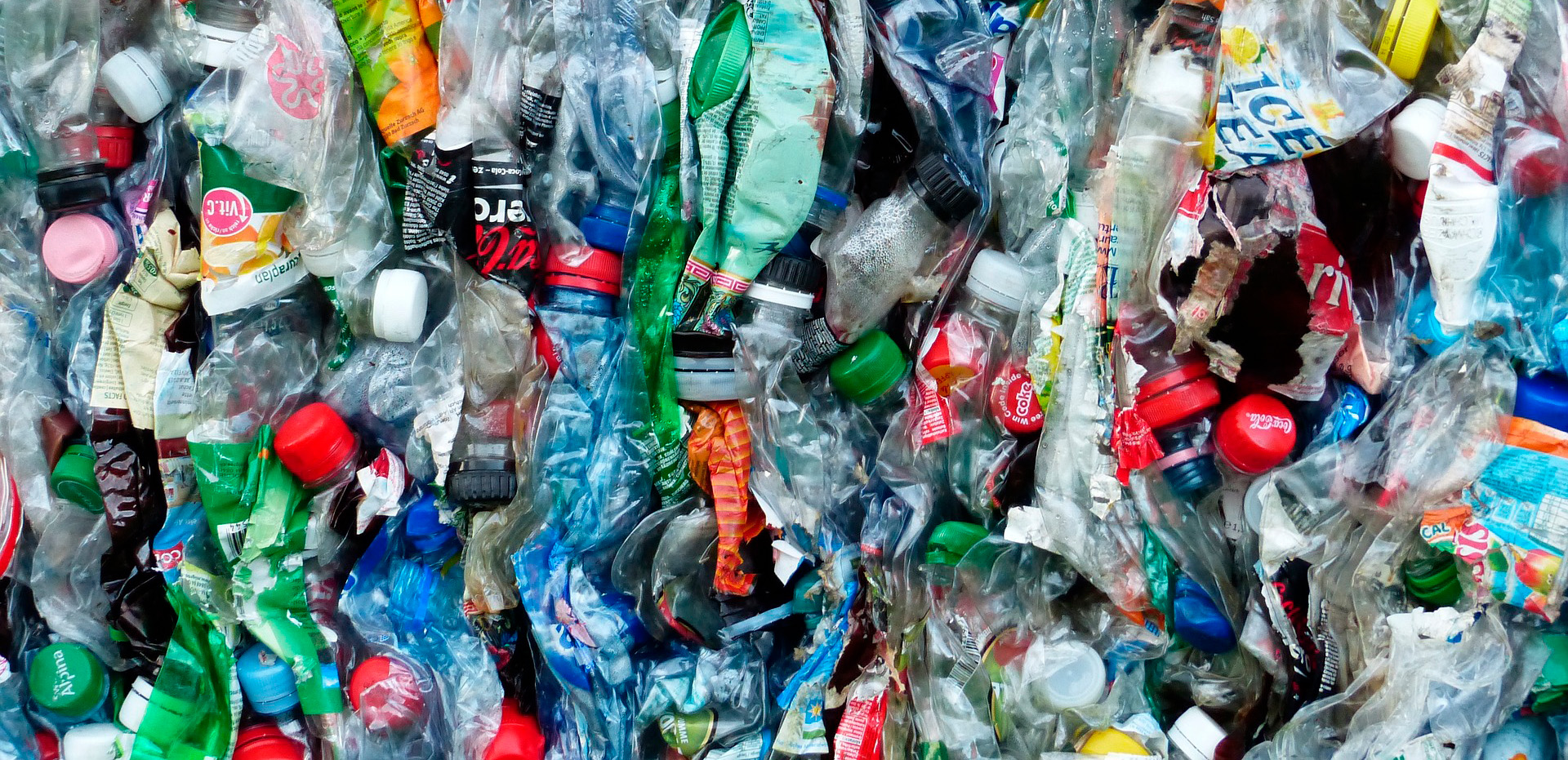
Isabel Pardo, a researcher at Centro de Investigaciones Biológicas Margarita Salas (CIB-CSIC), has participated in a work just published in Science which details a procedure to create a tandem chemical and biological process to produce single high-value products from waste plastic. Dr. Pardo collaborated on the project while working as a postdoctoral fellow at the National Renewable Energy Laboratory (NREL, USA). She incorporated at CIB Margarita Salas a year ago with a talent attraction contract financed by an agreement between the CSIC and the Reina Sofía and Primafrío Foundations to develop sustainable plastics, within the CSIC’s SusPlast platform.
Waste plastics have emerged as a global energy and pollution problem as ineffectively managed materials continue to accumulate in landfills and the environment. Existing strategies for recycling require separated and clean plastic inputs to operate effectively, making it expensive and difficult to process different plastics that comprise different polymers, each with its own unique chemical building blocks.
Sullivan et al. developed a process that can convert mixed plastics to a single chemical product, working towards a solution that would allow recyclers to skip sorting plastic by type. Researchers have applied the methodology to a mixture of three common plastics: polystyrene (PS), polyethylene terephthalate (PET), and high-density polyethylene (HDPE); although they propose the method could be extended to other plastics including polypropylene (PP) and polyvinyl chloride (PVC).
The oxidation process breaks down the PS, PET, and HDPE plastics into a complex mixture of chemical compounds—including benzoic acid, terephthalic acid, and dicarboxylic acids. The team engineered a robust soil microbe, Pseudomonas putida, to biologically “funnel” the mixture of intermediates to single products: either Polyhydroxy-alkanoates (PHAs), which are an emerging form of biodegradable bioplastics; or beta-ketoadipate, which can be used to make new performance-advantaged nylon materials.
The engineered bacteria do not degrade plastics directly but rather upcycle the deconstructed mixture of chemical oxygenates into a single product. Genetic and metabolic engineering enabled the team to tune where the microbe funnels the carbon resulting from the biochemical transformations carried out by the bacteria, in this case to PHAs or to beta-ketoadipate materials that can be used for new performance-advantaged plastics.
As a result of the work published in Science, Pardo proposes to employ bacteria other than Pseudomonas putida to manufacture polymers that do not lose quality when recycled, as happens with the mechanical recycling of plastic derived from petroleum. This research is part of the ReCREA project that she currently leads at CIB Margarita Salas thanks to the funding from the CSIC-Fundación Reina Sofia agreement.
Reference: Mixed plastics waste valorization through tandem chemical oxidation and biological funneling. Kevin P. Sullivan, Allison Z. Werner, Kelsey J. Ramirez, Lucas D. Ellis, Jeremy R. Bussard, Brenna A. Black, David G. Brandner, Felicia Bratti, Bonnie L. Buss, Xueming Dong, Stefan J. Haugen, Morgan A. Ingraham, Mikhail O. Konev, William E. Michener, Joel Miscall, Isabel Pardo, Sean P. Woodworth, Adam M. Guss, Yuriy Román-Leshkov, Shannon S. Stahl, Gregg T. Beckham. Science. 13 Oct 2022, Vol 378, pp. 207-211. DOI: 10.1126/science.abo4626

